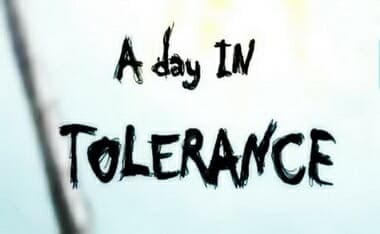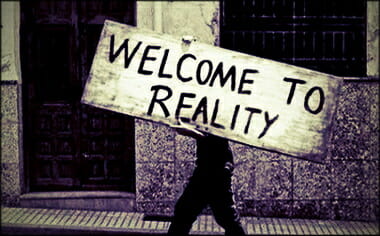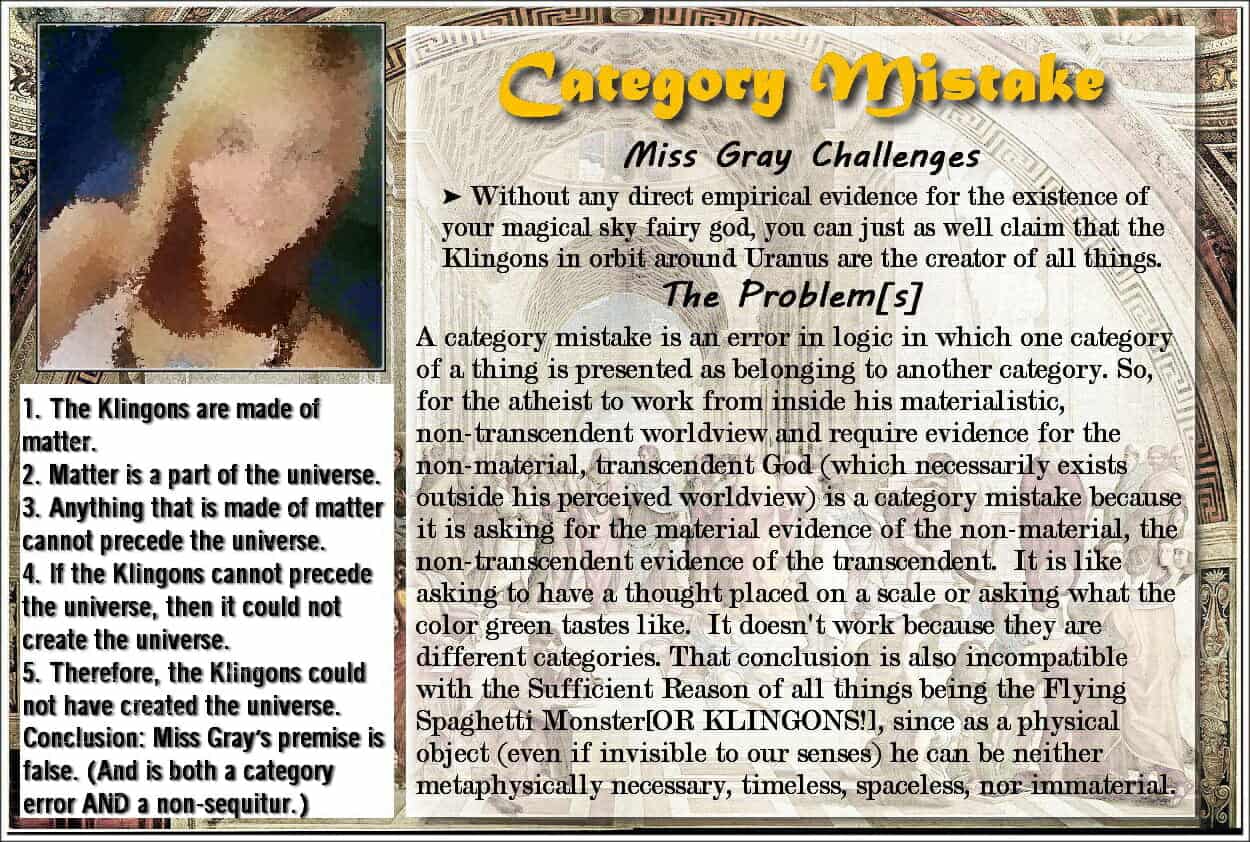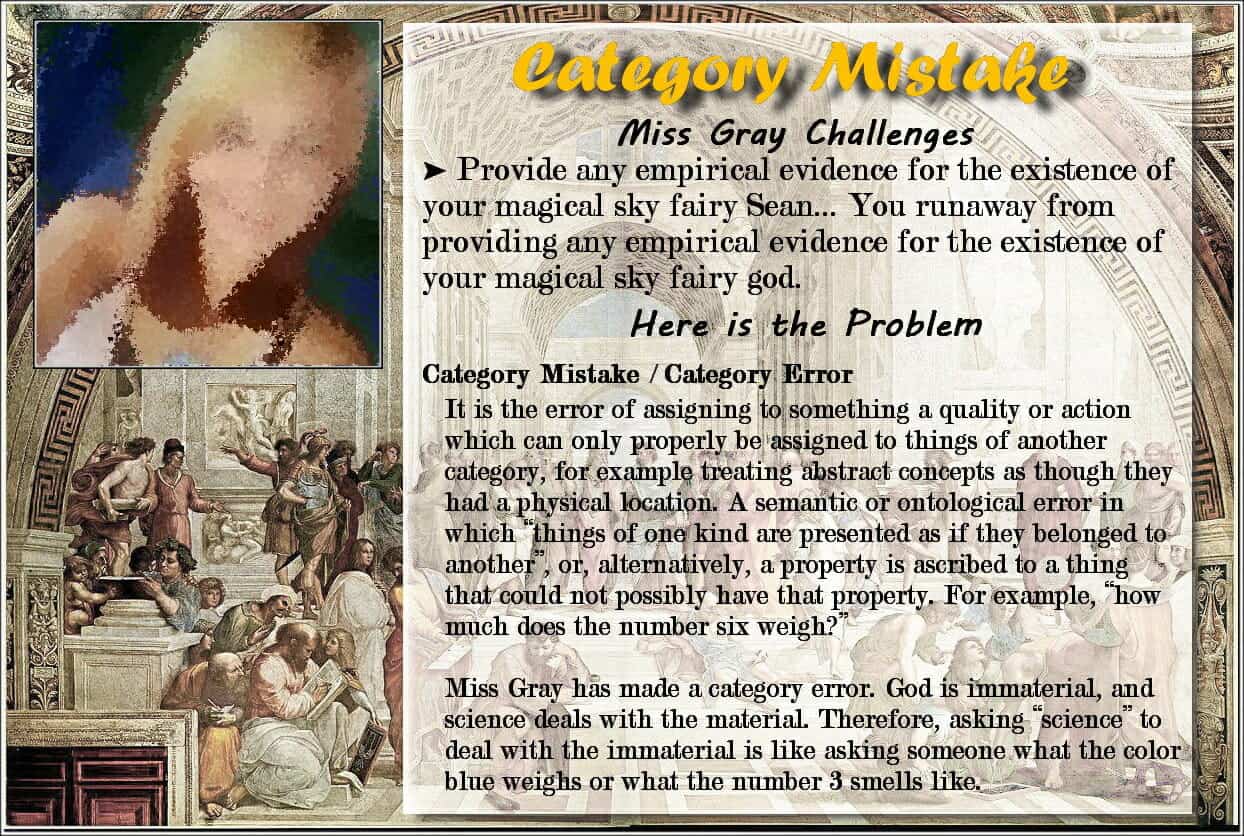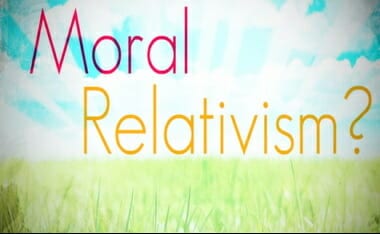So, I realized because of the below comment on my RUMBLE that I do not have a post dedicated to answering the charge that one “should not judge…”, often in response to critiquing cultural norms. So this comment was on my RUMBLE video titled: “You are Homophobic if You Mention How Badly LGBT People Are Treated in Gaza” — here is the comment:
I will be asking some questions when the time comes, but, for now? I am filling an apologetic pothole in my posts. So here is a short and sweet answer that stands on its own… so you could quit there. Anything after that are merely other answers from apologists that broaden the possible responses for the researcher.
Do not judge. Judging others comes far too easy for most, but in Matthew 7, what does Jesus mean when he says Judge not least ye be judged? Are we to judge not, or Judge righteously? What’s the difference? What does the Bible say about judging people? In this video Pastor Nelson with Bible Munch explains what the Bible says about Judging others to answer the questions, is judging a sin, and what does the Bible mean that we are not to judge others?
Firstly, the statement “you are not to judge” is a judgement. What do I mean? Here are a few examples of this in conversation via Frank Beckwith and Greg Koukl:
You Shouldn’t Force Your Morality On Me!
FIRST PERSON: “You shouldn’t force your morality on me.” SECOND PERSON: “Why not?” FIRST PERSON: “Because I don’t believe in forcing morality.” SECOND PERSON: “If you don’t believe in it, then by all means, don’t do it. Especially don’t force that moral view of yours on me.” FIRST PERSON: “You shouldn’t push your morality on me.” SECOND PERSON: “I’m not entirely sure what you mean by that statement. Do you mean I have no right to an opinion?” FIRST PERSON: “You have a right to you’re opinion, but you have no right to force it on anyone.” SECOND PERSON: “Is that your opinion?” FIRST PERSON: “Yes.” SECOND PERSON: “Then why are you forcing it on me?” FIRST PERSON: “But your saying your view is right.” SECOND PERSON: “Am I wrong?” FIRST PERSON: “Yes.” SECOND PERSON: “Then your saying only your view is right, which is the very thing you objected to me saying.” FIRST PERSON: “You shouldn’t push your morality on me.” SECOND PERSON: “Correct me if I’m misunderstanding you here, but it sounds to me like your telling me I’m wrong.” FIRST PERSON: “You are.” SECOND PERSON: “Well, you seem to be saying my personal moral view shouldn’t apply to other people, but that sounds suspiciously like you are applying your moral view to me. Why are you forcing your morality on me?”[1]
SELF-DEFEATING
“Most of the problems with our culture can be summed up in one phrase: ‘Who are you to say?’” – Dennis Prager. So let’s unpack this phrase and see how it is self-refuting, or as Tom Morris[2] put it, self-deleting.
- When someone says, “Who are you to say?” answer with, “Who are you to say ‘Who are you to say’?”[3]
This person is challenging your right to correct another, yet she is correcting you. Your response to her amounts to “Who are you to correct my correction, if correcting in itself is wrong?” or “If I don’t have the right to challenge your view, then why do you have the right to challenge mine?” Her objection is self-refuting; you’re just pointing it out.
The “Who are you to say?” challenge fails on another account. Taken at face value, the question challenges one’s authority to judge another’s conduct. It says, in effect, “What authorizes you to make a rule for others? Are you in charge?” This challenge miscasts my position. I don’t expect others to obey me simply because I say so. I’m appealing to reason, not asserting my authority. It’s one thing to force beliefs; it’s quite another to state those beliefs and make an appeal for them.
The “Who are you to say?” complaint is a cheap shot. At best it’s self-defeating. It’s an attempt to challenge the legitimacy of your moral judgments, but the statement itself implies a moral judgment. At worst, it legitimizes anarchy!
[1] Francis Beckwith & Gregory Koukl, Relativism: Feet Planted in Mid-Air (Baker Books; 1998), p. 144-146.
[2] Tom Morris, Philosophy for Dummies (IDG Books; 1999), p. 46
[3] Francis Beckwith & Gregory Koukl, Relativism: Feet Planted in Mid-Air (Baker Books; 1998), p. 144-146.
Frank Turek talks about the assertion that Christians shouldn’t judge.
So, aside from Matthew 7:1-3 ripped from it’s context, if we let it stand as is, it is self deleting. But the CONTEXT is not that you should merely “not judge… gays, murderers, pro-choice arguments, and the like.” APOLOGETICS PRESS has a great article from which I will except a bit from the meddle of it:
… In Matthew 6:1-4, Jesus instructed us not to do charitable deeds…“as the hypocrites do” (to be seen of men). In 6:5-8, Jesus told us not to pray…“like the hypocrites” (to be heard of men). In 6:16-18, Jesus taught us not to fast…“like the hypocrites” (to be seen of men). Likewise, in Matthew 7:1-5, Jesus was teaching us that judging another is wrong… when that judgment is hypocritical.
But, what if we are doing charitable deeds to be seen of God? Then by all means, “do good to all men” (Galatians 6:10)! What if our prayers are led from a pure heart and with righteous intentions? Should we pray? Most certainly (cf. 1 Thessalonians 5:17). Can we fast today, if the purpose of our fasting is to be seen of God and not men? Yes. But what about passing judgment? In Matthew 7:1-5, did Jesus condemn all judging, or, similar to the above examples, did He condemn only a certain kind of judging? Matthew 7:5 provides the answer. After condemning unrighteous judgments (7:1-4), Jesus instructed a person to “first remove the plank from your own eye, and then you will see clearly to remove the speck from your brother’s eye.” He was saying, in essence, “Get your life right first. Then, in love, address your brother’s problem.” This is consistent with what Paul wrote to the church at Philippi: “Let each of you look out not only for his own interests, but also for the interests of others” (2:4). God never intended for Christians to be recluses who never interacted with those around them. Rather, He gave us the responsibility of helping others by lovingly correcting them when they sin. In Matthew 7, Jesus was not suggesting that a person can never judge. He was saying, when you judge, judge righteously (as when we pray, fast, and do good deeds—do it without hypocrisy—John 7:24). Incidentally, Jesus already had judged the Pharisees. Thus, He obviously was not teaching that we should never judge anyone.
Further proof that Jesus did not condemn all judging can be found throughout the rest of chapter 7. In fact, in the very next verse after His statements about judging, Jesus implicitly commanded that His followers make a judgment. He said: “Do not give what is holy to the dogs; nor cast your pearls before swine, lest they trample them under their feet, and turn and tear you in pieces” (7:6). Disciples of Christ must judge as to who are “dogs” and who are “hogs.” Otherwise, how can we know when not to give that which is holy to “dogs”? Or how can we know when not to cast our pearls before “swine”? Jesus said we must judge between those who are “worthy,” and those who are like dogs and pigs (cf. Matthew 10:12-15; Acts 13:42-46). A few verses later, Jesus again implied that His disciples must make a judgment.
Beware of false prophets, who come to you in sheep’s clothing, but inwardly they are ravenous wolves. You will know them by their fruits. Do men gather grapes from thornbushes or figs from thistles? Even so, every good tree bears good fruit, but a bad tree bears bad fruit. A good tree cannot bear bad fruit, nor can a bad tree bear good fruit. Every tree that does not bear good fruit is cut down and thrown into the fire. Therefore by their fruits you will know them (Matthew 7:15-20).
Question: How can we “watch out” for false prophets if we cannot make judgments as to who the false prophets are? According to Jesus, determining the identity of false teachers involves inspecting “their fruits” and making judgments—righteous judgments.
What does the rest of Scripture have to say to those who regard all judging as being wrong?
- In his letter to the churches of Galatia, Paul commanded those “who are spiritual” to restore those who have been “overtaken in any trespass…in a spirit of gentleness, considering yourself lest you also be tempted” (6:1). Certainly, determining who is spiritual and who has sinned involves making judgments.
- While addressing an issue in the church at Corinth where a man had “his father’s wife” (1 Corinthians 5:1), Paul wrote through inspiration:
In the name of our Lord Jesus Christ, when you are gathered together, along with my spirit, with the power of our Lord Jesus Christ, deliver such a one to Satan for the destruction of the flesh, that his spirit may be saved in the day of the Lord Jesus…. I have written to you not to keep company with anyone named a brother, who is sexually immoral, or covetous, or an idolater, or a reviler, or a drunkard, or an extortioner—not even to eat with such a person…. Therefore, put away from yourselves the evil person (1 Corinthians 5:4-5,11,13b).
Paul commanded the church at Corinth to purge a fornicator from its midst. This man’s sin was even to be addressed in a public manner. To follow Paul’s command, the church had to make a judgment. Paul also commanded the congregation to “put away” others who were living in a state of sin. When we make such judgments today, they are to be righteous judgments that are based on facts and carried out in love. Such judging should be performed in a merciful spirit (Luke 6:36-37), and for the purpose of saving souls (“that his spirit may be saved in the day of the Lord Jesus”—1 Corinthians 5:5). Judgments are to be made from good (righteous) intentions. But judgments nevertheless must be made.
- Paul instructed the church at Ephesus to “have no fellowship with the unfruitful works of darkness, but rather expose them” (5:11). And to the Christians in Rome he wrote: “Now I urge you, brethren, note those who cause divisions and offenses, contrary to the doctrine which you learned, and avoid them” (16:17). Were churches going to have to make important judgments to comply with Paul’s commands? Yes.
- Similarly, the apostle John indicated that “whoever transgresses and does not abide in the doctrine of Christ does not have God. He who abides in the doctrine of Christ has both the Father and the Son. If anyone comes to you and does not bring this doctrine, do not receive him into your house nor greet him; for he who greets him shares in his evil deeds” (2 John 9-11, emp. added). To determine whether or not we are going to allow someone into our homes, necessitates a judgment on our part.
- Finally, if all judgments concerning spiritual matters are wrong, then why would Jesus have commanded His disciples to go and teach the lost (Matthew 28:19-20; cf. Acts 8:4)? Before one ever teaches the Gospel to someone who is not a Christian, a judgment must be made. Is this person lost in sin, or saved “in Christ”? If we are to teach the lost today, then it is necessary to determine who is lost and who is not.
If we never can “judge people” in any sense, as many today suggest (through the misuse of Matthew 7:1), then the above commands never could be obeyed. But, they must be obeyed! Thus, (righteous) judgments must be made. ….
Alan Shlemon of Stand to Reason answers the question: “Aren’t Christians commanded not to judge and therefore we shouldn’t judge homosexuals for their behavior?”
CARM end their article with this:
… Since the Bible does not contradict itself, what’s going on? It would seem that Jesus is talking about rash unwarranted judgments, not those judgments that are of sound consideration. This makes sense when we see what judgments Jesus made on people.
- Matt. 7:5, “You hypocrite, first take the log out of your own eye, and then you will see clearly to take the speck out of your brother’s eye.”
- Matt. 23:33, “You serpents, you brood of vipers, how shall you escape the sentence of hell?”
- Luke 11:40, “You foolish ones, did not He who made the outside make the inside also?”
- John 8:44, “You are of your father the devil, and you want to do the desires of your father . . . “
- John 8:55, “and you have not come to know Him, but I know Him; and if I say that I do not know Him, I shall be a liar like you, but I do know Him, and keep His word.”
So, Jesus would not be contradicting Himself. He made spiritual judgments as did Paul the Apostle. But when we make judgments, they need to be according to Scripture and not arbitrary judgments. Here are some commentaries on Matt. 7:1.
- “The context makes it clear that the thing here condemned is that disposition to look unfavorably on the character and actions of others, which leads invariably to the pronouncing of rash, unjust, and unlovely judgments upon them.”
- “1–5 warn against criticizing other people without considering how open to criticism we ourselves may be; be judged may well refer to God’s judgment, as well as that of other people. But v 6 indicates that there is also a right kind of judgment which the disciple is called on to exercise (cf. also vs 15–20).”
- “Jesus did not prohibit judging of any sort, as verse 6 makes clear. Rather, He warned against judging others in way that we would not want applied to ourselves. To judge another person in a harsh spirit is to take on a role reserved only for God. Only the Lord can see beyond the outward appearance to underlying motives and causes in a person’s heart.”



